The views expressed in our content reflect individual perspectives and do not represent the authoritative views of the Baha'i Faith.
“Anything that has to do with institutionalized oppression, I want to think of it in this way…that we’re spiritual beings and we’re living in a material realm.”
That’s the perspective Ymasumac Maranon-Davis shared at “Black and Native Unity: From Stolen People on Stolen Lands to Healing Souls With Helping Hands,” a four-day Baha’i-inspired virtual conference held throughout Thanksgiving weekend.
The planner of the conference, author and speaker Barbara Talley (full disclosure, she’s my mom) says decolonizing your mind is essential. “My fifth cousin Harriet Tubman’s job was to free the enslaved bodies,” she says. “I believe that my charge is to free the enslaved minds.”
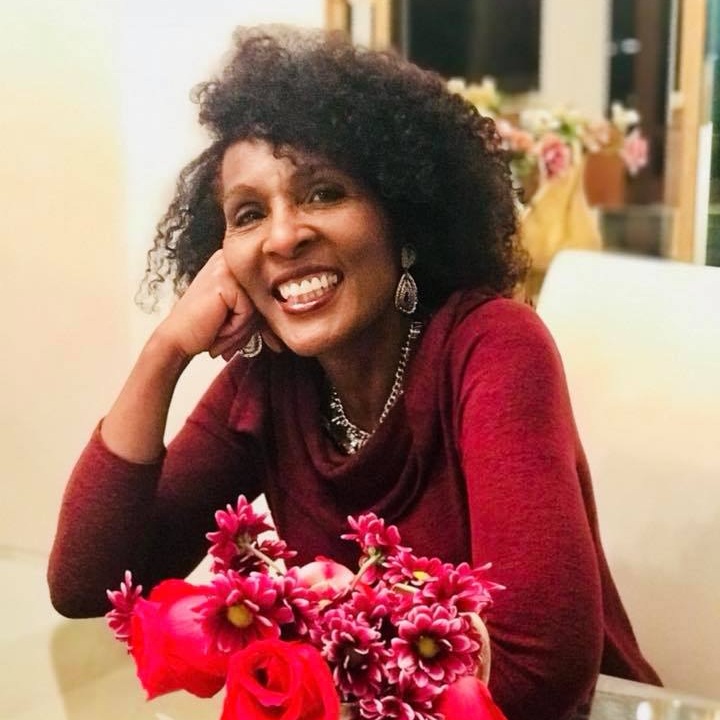
When you decolonize your mind, you’re casting aside the anti-Black, anti-Indigenous ideas that permeate the global psyche. However, because we are spiritual beings, we also have to decolonize our souls.
“In order to help me, as a spiritual being, walk this world, I need to hold on to spiritual principles, I need to be really clear about what those are,” Ymasumac, who is an author, educational consultant, and California State University, Fullerton faculty member, said.
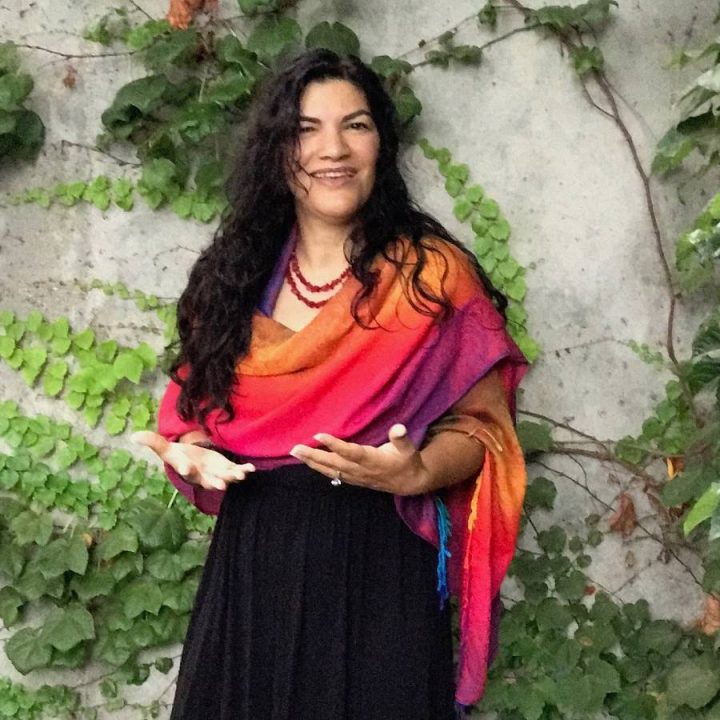
Ymasumac, who often speaks about culture, equity, and healing, and whose ancestry comes from the Quechua people of Bolivia and the pilgrims of New England, said that without decolonization, “there is automatically this incoherence that begins to happen” in our lives. That’s because people have been socialized to elevate a “lens of whiteness.”
RELATED: Are Black Women Invisible?
The concept of decolonizing the mind gained prominence after Kenyan novelist and literary theorist Ngúgí wa Thiong’o released his 1981 book “Decolonizing the Mind.” Ngúgí wrote that colonialism’s “most important area of domination was the mental universe of the colonised, the control through culture, of how people perceived themselves and their relationship to the world.”
Colonization — and therefore, racial prejudice — promotes the idea that the backgrounds of people of color are “a wasteland of non-achievement.”
RELATED: Derek Black: Why the Son of a Klan Leader Denounced White Nationalism
Perhaps that is why Shoghi Effendi, the Guardian of the Baha’i Faith, wrote that “racial prejudice, the corrosion of which, for well-nigh a century, has bitten into the fiber, and attacked the whole social structure of American society” should be regarded as our nation’s “most vital and challenging issue.”
The oneness of humanity is a foundational principle of the Baha’i Faith, which means no racial or ethnic group should be elevated above any other. During a talk at Grace Methodist Episcopal Church in New York City in 1912, Abdu’l-Baha, the son of Baha’u’llah, the prophet and founder of the Baha’i Faith, explained that racial differences are “purely imaginary” because “humanity is one kind, one race and progeny.”
“The lens of whiteness was developed in colonization in order to be able to suppress mass amounts of people,” Ymasumac said. All of humanity suffers from this colonization because “it creates at the individual and at the institutional level, rules that we all have to engage in and belief systems which permeate our environment.”
Some of these unspoken rules include the silencing of people of color who raise awareness of issues of injustice, avoiding the truth about our country’s dark past and present, making excuses for racist behaviors and institutions, and labeling or attacking different groups of people.
RELATED: Why Black People Need Safe Spaces to Heal
“Of course, we also wear our own masks so that we can work and walk in this world of whiteness,” Ymasumac said. “All of this becomes a part of our cultural narrative and shapes our behavior.”
Striving to decolonize our minds and souls is a process of spiritual transformation that every demographic should partake in. As Baha’u’llah wrote, “And yet, is not the object of every Revelation to effect a transformation in the whole character of mankind, a transformation that shall manifest itself both outwardly and inwardly, that shall affect both its inner life and external conditions? For if the character of mankind be not changed, the futility of God’s universal Manifestations would be apparent.”
Due to racism, a Eurocentric perspective still dominates the world. “When the West postures itself in the center, everything gets sanitized through the West’s story,” Ymasumac said. This deprives us of the wisdom and knowledge all of humanity possesses.
Ymasumac shared an example from medicine, pointing out that when we think about a doctor, most of us “think of a clinic — a hospital. You see somebody who will generally wear a white coat — a stethoscope, right?” Ymasumac asked. But “European medicine, or Western medicine, is the youngest of all the medicines. Imhotep [an Egyptian physician born around 2600 B.C.E.] was the father of medicine. All native communities have doctors — they’re medicine men or medicine women.”
Because of colonialism and racism, those healers aren’t respected as much as a Western doctor. This “small and narrow window to look at medicine” is “dangerous because we only get one perspective, one lens, on how to treat humanity’s ailments,” Ymasumac said.
Ymasumac learned this first-hand when she was in her 20s and went to Colombia to raise awareness about an Indigenous tribe that was being pushed off their land for oil.
“We’re walking along with this elder [a chief of the U’wa tribe], and he’s taking us to visit different places, and I remember my hand brushed up against a plant,” Ymasumac recalled. “Within seconds, my hand swelled up and turned black. I was terrified. I thought, ‘Oh my gosh, I’m at the top of this mountain. Now they’re probably going to have to amputate my hand.’”
Ymasumac said the “elder was very calm and said, ‘Oh yeah, I want you to run down this hill, go to the bottom of the hill, and you’ll see a river running. I want you to put your hand as deep as you can into the mud and then leave it there for maybe like 10 minutes.’”
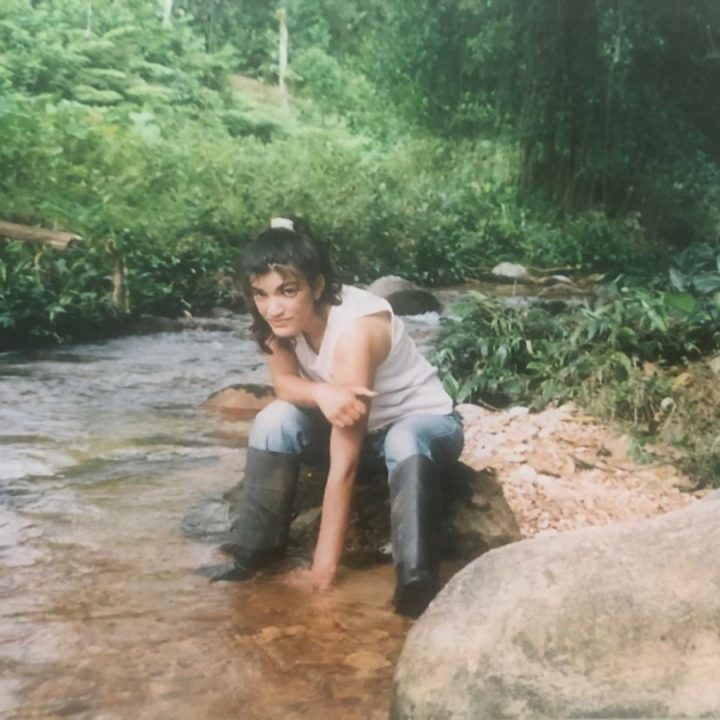
She thought this was just a way “to get it cold before the amputation happens.” But she did as instructed. Ten minutes later, she pulled her hand out, and it was fine.
“What’s powerful to me about that story is that the understanding of that elder is not being tapped into,” Ymasumac said. “And I don’t mean tapped into by a wider community that wants to take this and then see how they can translate it into Western medicine. I mean tapped into through the lens of oneness. How are we collaborating with these friends?”
Ymasumac believes that, at the individual level, everyone should move “closer and closer towards love” in order “for us to come together to truly recognize and love each other.”
This love and recognition requires us to give every voice a seat at the table, and make sure unheard, forgotten marginalized communities are listened to and valued. Only after all the wisdom of every culture is heard and valued will humanity be able to collectively thrive.


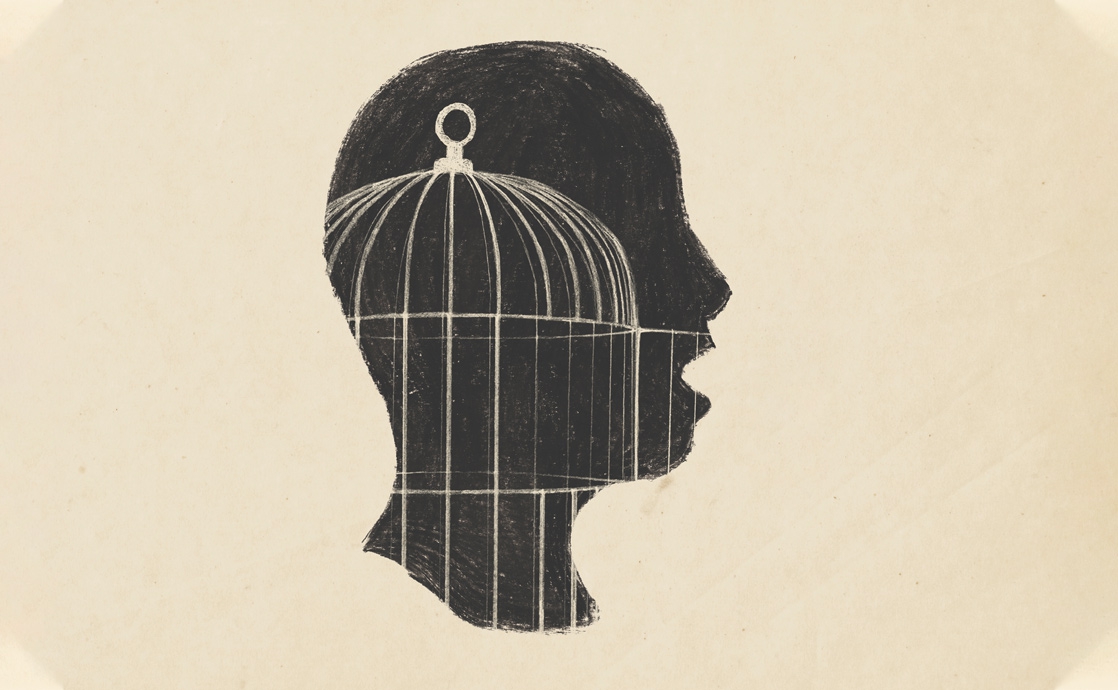

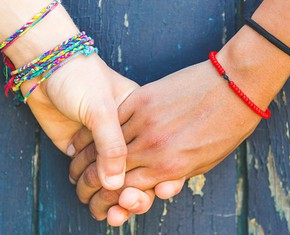

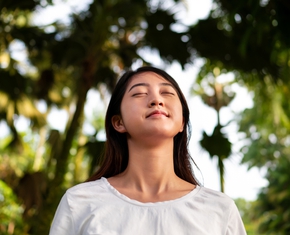





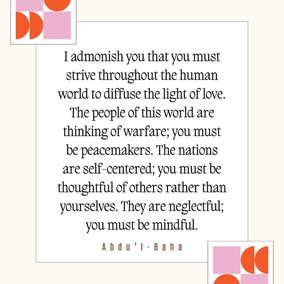
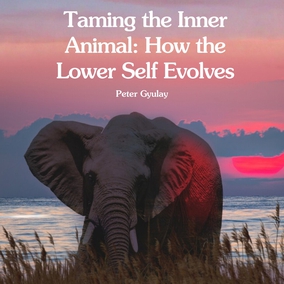
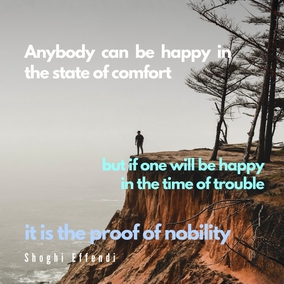

Comments
Sign in or create an account
Continue with Googleor